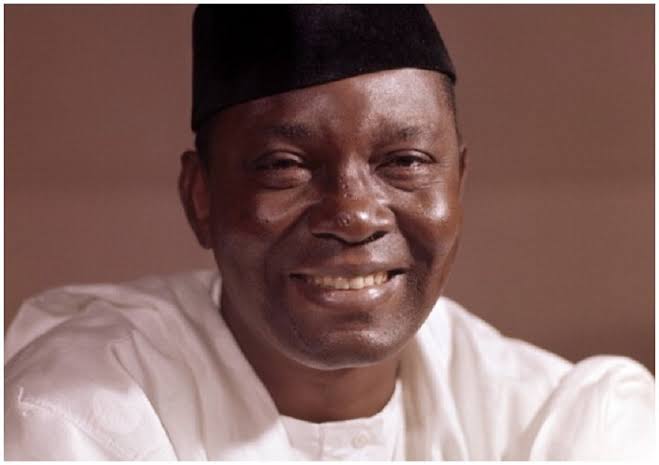The late Chief Dr. Nnamdi Azikiwe was a celebrated Nigerian. After a brief stint of journalistic practice in the then Gold Coast, now Ghana, the late pan Africanist moved to Lagos. His brain-child, the West African pilot, became the champion in the onslaught against colonialism. The hue and cry was that Nigerians were then mature to be the arbiters of their own destiny. With this nascent awakening and hankering for Independence, political parties were formed, as agents for de colonization.
Three political parties dominated the Nigerian political space then. They were the National Council of Nigerian Citizens (N.C.N.C), The Northern People’s Congress (N.P.C) and the Action Group (A.G). Azikiwe, in concert with some Nigerians like Obafemi Awolowo, Abubakar Tafawa Balewa, Aminu Kano. J.S. Tarka and others, on numerous occasions, travelled to London on constitutional conferences, to request the colonial power to grant Independence to Nigeria.
Zik, as he was popularly known, looked as the de-facto leader of the Nigerian Delegation, because of his high level of erudition and personal charisma. Britain, later acquiesced and the nation was granted Independence on October 1 1960. A general election was held earlier, to select the dramatis personae, to steer the ship of the nation on Independence. Observers of the nation’s political evolution had hoped that Nnamdi Azikiwe was the most apt to rule the nation.
Conversely, the result of the general election did not produce an outright winner. A coalition of parties became the only available option. The N.P.C, N.C.N.C and A.G. were the three dominant parties. Political hawks had wanted Zik to form a coalition with AG and dump the N.P.C. Zik weighed the available options, and felt it was better, to subsume his personal ambition, on the seed-bed of Pan-Nigerianism. He accepted the merely ceremonial presidency, and allowed Abubakar Tafawa Balewa to become the Executive Prime Minister, so that Nigeria would remain one nation.
Zik had, in his numerous literary works, warned Nigerian politicians of their excesses. He reminded them that the fallout of their political brigandage would make the Congolese debacle a child’s play. It did not take long when Nigerian politicians, because of their gerrymandering and brinksmanship engulfed the nation in a war of attrition.
Caught up in the Biafran enclave, Zik did not espouse the concept of a divided nation. When he saw the situation getting very dire for the new nation, Zik crossed the Rubicon to Nigeria, to ensure safe landing, for the beleaguered new nation. This dramatic move by the great Zik of Africa, and his parley with Yakubu Gowon saved many lives.
When Zik died on the May 11, 1996, it sounded the death knell of one Nigeria. Indeed, there can never be another Zik. He was a shining star for all times. The military government of the time gave befitting burial to this icon, who bestrode the nation’s political scene like a colossus. The military government named the Abuja International Airport after this great Nigerian. This action by the then military government resonates with what happens in different states of Nigeria. The Nnamdi Azikiwe Street in Lagos is a bustling commercial nerve-centre. Zik built many structures during his earth’s odyssey and none was named after him.
He founded the West African Pilot, the African Continental Bank, the University of Nigeria Nsukka, and Lagos City College. Another Zik is difficult to replicate in the entire country. He hailed from the East, born in the North and nurtured in the west. He spoke Ibo, Yoruba and Hausa languages very fluently.
The great patriot was born at Zungeru on November 16, 1904 and died on the May 11, 1996. Every country has its own icon. Great Britain has Wilson Churchill; United States of America has Abraham Lincoln; African Americans have Martin Luther King (junior); Kenya has Jomo Kenyatta; South Africa has Nelson Mandela; Ghana has Nkwame Nkrumah and Nigeria has Zik. South East Governments should select a day when all their citizens should venerate the father of African nationalism. Later, the entire nation may declare it a public holiday.
However, it is essential to advise the nation’s Education Managers, not to trifle with the study of history in primary and secondary schools. Youths of the country should be conversant with their nation’s socio-political evolution. A nation without historical antecedents is akin to a man without roots.









Comments are closed for this post.